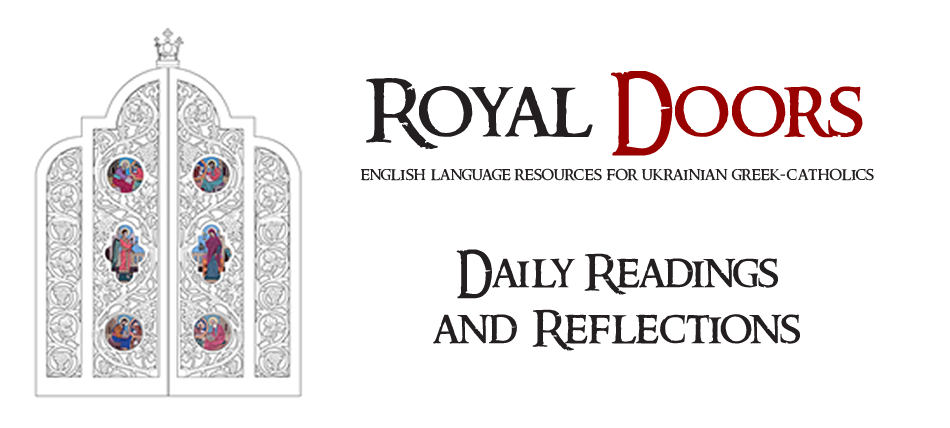by Brent Kostyniuk
One of my son-in-laws is fond of saying, “You say pot-ay-to and I say pot-ah-to.” He usually makes the comment towards the end of a long conversation when we have been discussing cars or modern technology. We never really argue and our discussions never become heated. However, we come from different generations and tend to look at many things in different ways. Still, we understand each other and respect each other’s viewpoint. Essentially, his remark means we have agreed to disagree.
Mutual understanding is the key. I understand why he has the viewpoint he does, and I’m quite certain he understands why I think and feel the way I do. In the end, our mutual understanding leads to mutual respect.
So it is, or should be, within the Catholic Church. Last month, Both Lungs talked about the role the Eastern Catholic churches play within the universal Catholic Church and the validation they have received over the years. This began most notably when Pope Leo XIII issued the apostolic constitution Orientalium Dignitas 120 years ago. The essence of his message was that the Eastern Churches play a large and significant role in the Catholic Church. It is a role which is out of proportion to their very small size in comparison with the Latin Church. The Eastern Churches have a dignity and heritage which needs to be preserved. Indeed, more than preserved, it needs to be nurtured and recovered, where tradition has been lost.
An even stronger message was delivered by Blessed John Paul II in the Apostolic Letter Orientale Lumen when he wrote, “…the first need for Catholics is to be familiar with that tradition, so as to be nourished by it and to encourage the process of unity in the best way possible for each.” Familiarity, understanding, respect. It’s like my son-in-law and me.
So, if the West says pot-ah-to and the East says pot-ay-to, how do they come to understand each other?
A good start is by realizing we are all part of the, as we profess in the Nicene Creed, “…one, holy, Catholic, and apostolic Church.” Next, we need to realize we share the same basic faith. True, there are certain tenets which are different, but at its heart, our faith is the same. Call it what you will, we are both looking at the same potato. However, even if it is the same potato, we need to realize we have different ways of looking at it. Like my son-in-law and me, the Eastern Churches and the Latin Church, grew up in different places, both in terms of time and place.
Sometimes the difference in approach between East and West harkens back to a historical incident. The matter of making the sign of the cross from right to left or left to right is an example. In other cases, what separates East and West may reflect a difference in theology. A good example of this is the prayer to the Mother of God. The Byzantine version, while similar to the Hail Mary familiar to Catholics in the West, takes a slight different approach to.
Rejoice, Virgin Mary, full of grace,
O Theotokos, the Lord is with you.
Blessed are you among women
And blessed is the fruit of your womb,
For you have given birth
To the Saviour of our souls.
While a good deal of time could be spent examining the differences, I would just like to point out three. The first is the use of the Eastern title “Theotokos.” Literally translated as God bearer or Birth giver to God, the title Theotokos was agreed at the Third Ecumenical Council held at Ephesus in 431. Theologically, Theotokos emphasizes the fact that Mary’s Son, Jesus, is fully God, as well as fully human, united in a single Person. Next, this prayer refers to Mary’s Son as the Saviour, rather than simply Jesus. Finally, it is totally a prayer of praise, with no supplication added at the end. Personally, I prefer the Eastern version, particularly when it is sung, but it certainly is not a matter of right and wrong, just a difference of viewpoint. No matter whether we look from the East or from the West, we are all looking at the central figure of Christ.
Finally, in case you were wondering, the pot-ay-to pot-ah-to saying comes from the song Let’s Call the Whole Thing Off originally sung by Fred Astaire and Ginger Rogers in the 1937 movie Shall We Dance.
This piece first appeared in The Prairie Messenger. Reprinted with permission.


1 comments